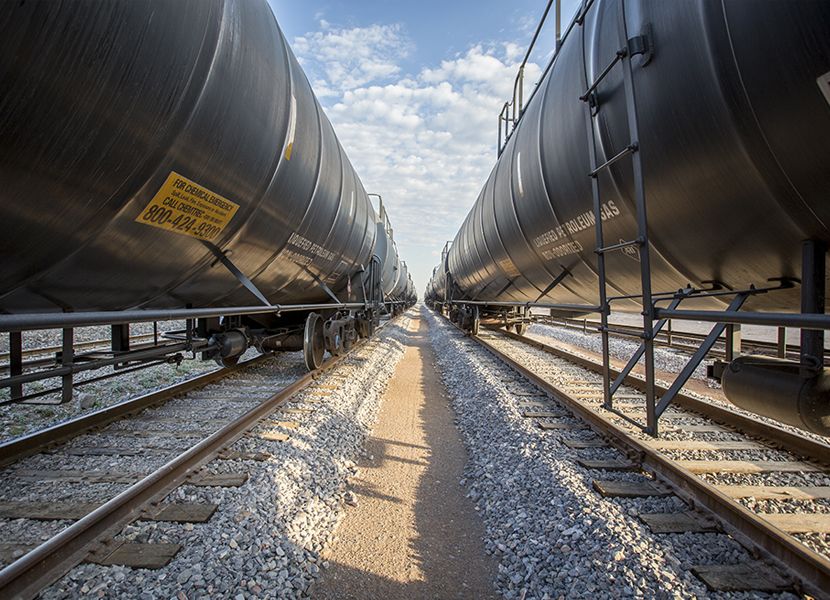Mexico and the United States require greater competition in freight rail transport, according to opinions of the Federal Economic Competition Commission (Cofece) of Mexico and the White House.
Within the framework of the High Level Economic Dialogue (DEAN) between Mexico and the United States that will take place on July 9, one of the topics on the agenda is to achieve sustained economic prosperity.
On this, Cofece prepared a document in which it points out some of the markets that it has analyzed and that coincide with the treaties in the Executive Order of US President Joe Biden.
Likewise, Cofece summarizes some of its recommendations to inject competition into the Mexican economy that, in many cases, appear to be similar to those proposed in the Order.
In order to promote competition in the rail industry and provide solutions for carriers, the President of the United States Ground Transportation Board shall work in conjunction with the rest of the Board to, among other things, consider in the processes of creation or modification of regulations regarding competitive access, including bottleneck fees.
Rail freight transport
Cofece has pointed out that the railway network in Mexico has not grown in recent years and also operates in a fragmented manner, that is, concessionaires concentrate their activities on their own sections with limited connectivity and continuity towards the sections of others.
In part, this occurs due to certain regulatory obstacles that make it difficult for the regulator to establish new rights of way, or regulate rates in sections where there is no competition and, therefore, reduce the efficiency of the Mexican Railway Service.
In this sense, Cofece has recommended:
- Reconfigure the rail system network when current concessions expire to avoid imbalances in bargaining power among concessionaires and promote competition on the most important routes.
- Eliminate obstacles that prevent the use of existing rights of way, as well as create new ones. Specifically: i) establish a regulation that provides non-discriminatory access conditions to the networks of the different concessionaires, and ii) design a rate regulation, case by case, that encourages interline traffic.
- Eliminate bottlenecks in the rail system by promoting interline services. In this regard, it is recommended: i) to establish a switching mechanism (interswitching) similar to that observed in the United States and Canada, ii) to issue a methodology for the evaluation of maximum rates; and iii) specify that the regulator may regulate interline rates.
- Strengthen the institutional design of the Railway Transport Regulatory Agency (ARTF), mainly its powers to collect information and sanction.
- Study of competition in the public freight rail transport service. (2021). Available here. • Proposals regarding economic competition to contribute to the reactivation of the Mexican economy (2020). Available here.
![]()

